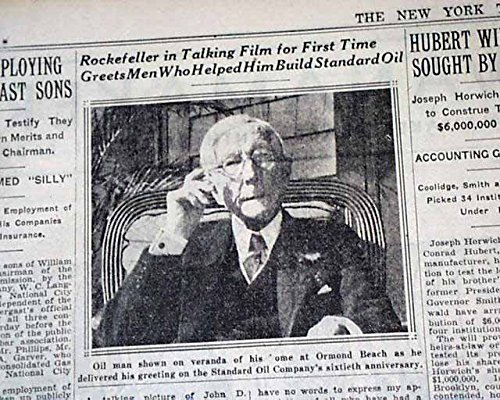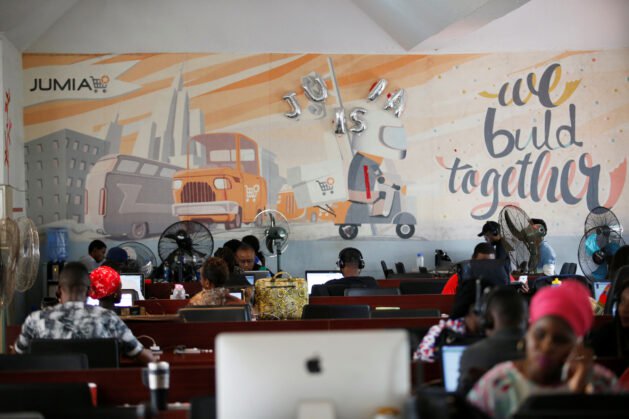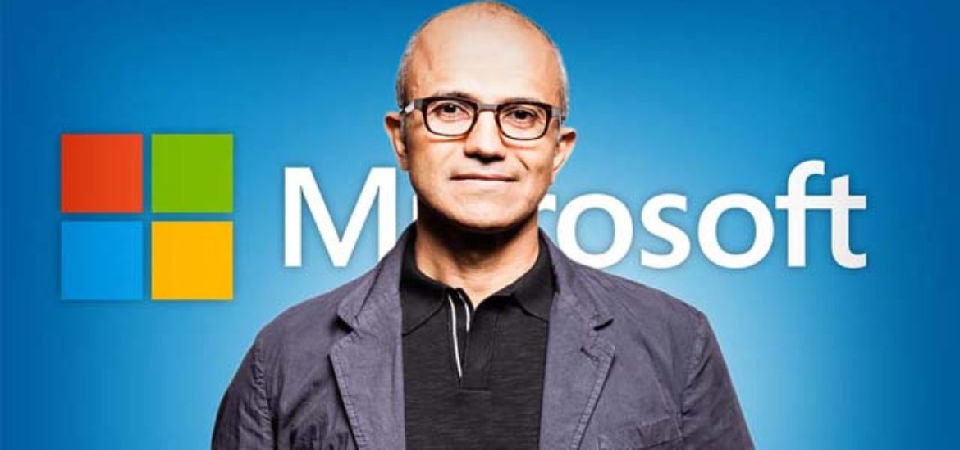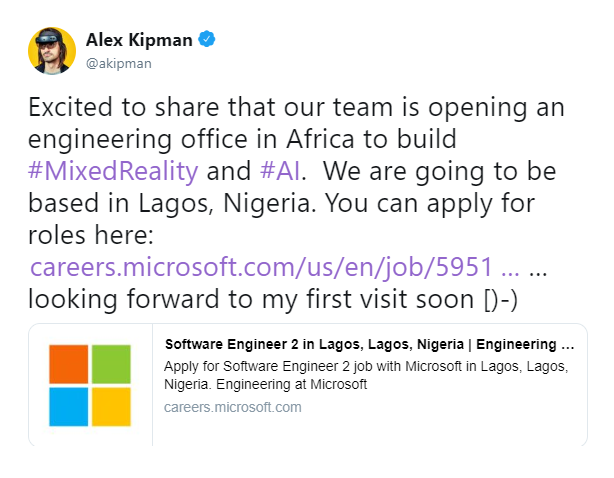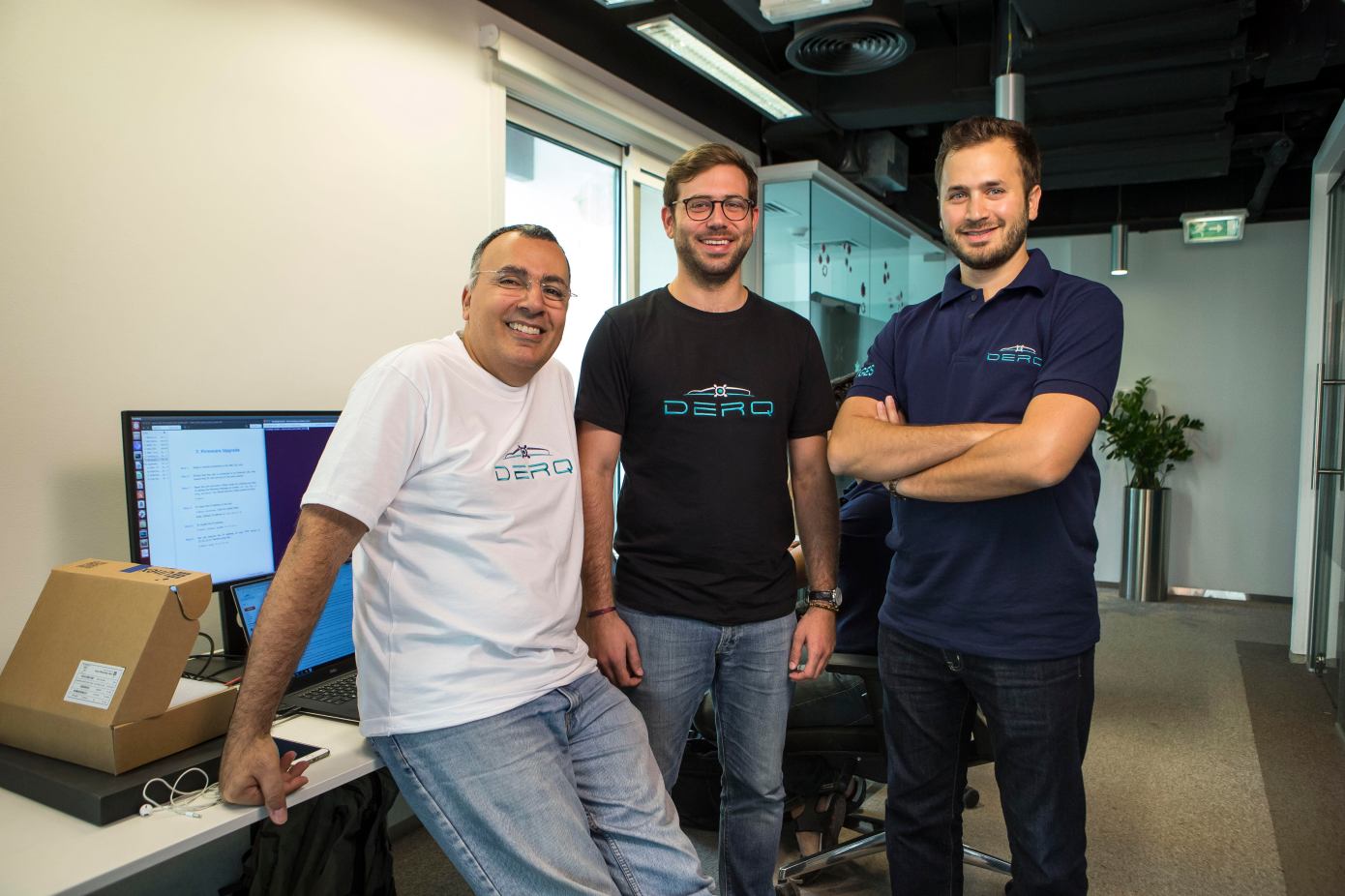Jumia had a fair outing yesterday in its first quarterly earnings call: GMV grew by 58%, leading to a 102% increase in Marketplace revenue, but the company made a surprising decision – it will not provide direct rebuttal to the Citron’s accusation.
In the wake of the report, a slew of American law firms said they were investigating possible disclosure violations and invited investors who may have lost money on the stock to contact them. In response, Jumia brought forward its first-quarter earnings announcement that was scheduled for Thursday to today.
-
That release showed that Jumia’s first-quarter loss widened from a year earlier to $51m, and gave no indication of when it might become profitable.
That seems very strange as Citron has called it a “fraud“. We will see how it works for the business.
I agree with this summary by The Africa Report: “Failure to provide a detailed rebuttal of Citron’s claims will do little to reassure Jumia’s investors, who deserve to hear management’s side of the story. Other African companies may end up paying the penalty.” The Citi reaction is certainly not good enough; investors will like to hear from Jumia directly.
Personally, I do think Jumia showed a promise in its first call; expect recovery from the paralysis of the accusation.
Shares of Jumia Technologies (NYSE: JMIA) were bouncing up and down today after the African e-commerce specialist posted its first quarterly earnings report as a publicly traded company, showing sluggish top-line growth and a widening loss despite some promising signs. Shares fell as much as 17.8% in morning trading but recovered most of those losses and were down just 3.2% as of 12:46 p.m. EDT as investors tried to make sense of the report.
Jumia showed off some impressive figures as gross merchandise volume (GMV) increased 58% to 240 million euros, which drove a 102% increase in marketplace revenue to 16 million euros. However, first-party revenue fell 21% to 15.6 million euros, which was in part due to a strategic shift to focus on higher-margin third-party marketplace revenue. Therefore, overall revenue rose just 12.3% to 31.8 million euros, or $35.6 million, which was short of estimates at $39.8 million.
Active customers grew to 4.3 million from 4 million in the fourth quarter and 3 million in the quarter a year ago. On the bottom line, the company’s net loss widened from 34.1 million euros to 45.8 million. Jumia did not report results on a per-share basis.
Just after the quarter ended, Jumia also entered into a partnership with Mastercard (NYSE: MA), which made a 50-million-euro private placement concurrent with the IPO, to focus on the e-commerce company’s JumiaPay payment platform as well as co-branded products like credit cards
JUMIA FULL Financial Report
GMV grew by 58%, leading to a 102% increase in Marketplace revenue
Jumia continued to deliver cost efficiency improvements
JumiaPay entered into a strategic partnership with Mastercard who also made a €50 million investment in Jumia
LAGOS, Nigeria–(BUSINESS WIRE)–Jumia Technologies AG (NYSE:JMIA) (“Jumia” or the Company) announced today its financial results for the quarter ended March 31, 2019.
“Jumia delivered excellent results during the first quarter of 2019: strong GMV growth of 58% leading to 102% growth in marketplace revenue, year-on-year improvement of 356 basis points of Operating loss as a percentage of GMV and further development of JumiaPay, highlighted by the investment by and partnership with Mastercard,” said Sacha Poignonnec and Jeremy Hodara, co-CEOs of Jumia. “We believe that Jumia is increasingly relevant for consumers and sellers in Africa. Looking ahead, we remain focused on our core operations, driving consumer adoption and engagement on our marketplace, increasing the penetration of JumiaPay, while continuing to improve our financial profile and making a sustainable impact on the continent.”
Business highlights
- The €50 million investment by Mastercard into Jumia, in a concurrent private placement with our Initial Public Offering, marked another milestone in the development of JumiaPay and a validation of its potential. We are partnering with Mastercard on a number of initiatives, including the development and marketing of co-branded products (i.e., cards, virtual cards and quick response codes).
- In the first quarter of 2019, our marketplace continued to gain depth and diversity as we focused on attracting quality sellers to our platform and providing our consumers with an expanding range of products and services. An example of this strategy is the partnership we announced this quarter with the technology leader Xiaomi. As part of this partnership, we are opening the Mi official store on our platform with the ability to offer a number of Xiaomi products on an exclusive basis. This demonstrates the attractiveness of Jumia as a destination of choice for high profile international brands, giving them access to millions of potential consumers in Africa with one partnership.
Financial highlights
- Gross Merchandise Volume (“GMV”) grew this quarter by 58% on a yearly basis, on the back of strong marketplace growth, leading to a 102% increase this quarter in Marketplace revenue on a yearly basis. Our strong GMV growth combined with the attractive value proposition we offer both sellers and consumers are a key engine of monetization, which we derive from diversified revenue streams such as Commissions, Fulfillment, Value Added Services, Marketing and Advertising services.
- Gross Profit margin as a percentage of GMV increased from 5.6% in the first quarter of 2018 to 6.5% this quarter, as a result of the increased GMV monetization rate. Our Gross Profit also exceeded Fulfillment expense this quarter.
- We continue to have a strong focus on cost efficiency. Leveraging our strong brand awareness and highly localized marketing approach, we have been able to gain 205bps of marketing efficiency this quarter, bringing the Sales & Advertising expense from 7.2% of GMV in the first quarter of 2018 to 5.1% in the first quarter of 2019.
- Adjusted EBITDA loss as a percentage of GMV improved from negative 19.8% in the first quarter of 2018 to negative 16.4% in the first quarter of 2019.
Like this:
Like Loading...


